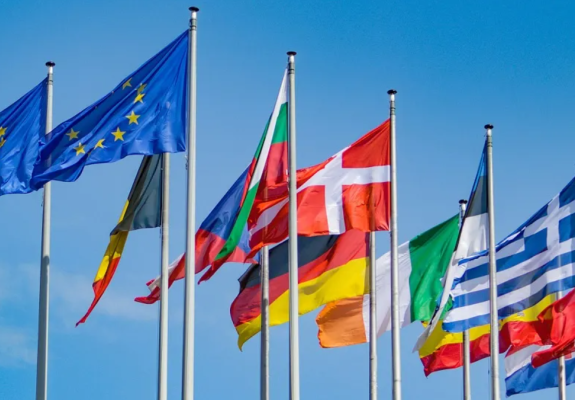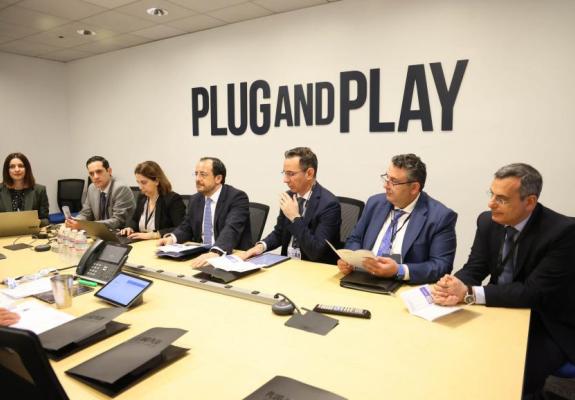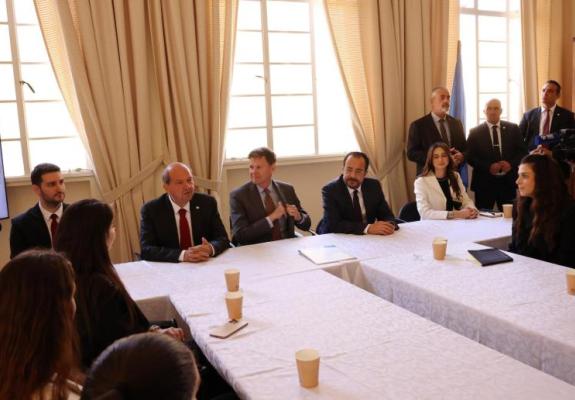CERA to Open Public Consultation on Electricity Market Reforms
The Actions of CERA Are Part of the Harmonization With Relevant European Directives, Which Have Been Transposed Into National Law
Around mid-May, the Cyprus Energy Regulatory Authority (CERA) will initiate a public consultation on draft regulatory decisions concerning the operation of the Competitive Electricity Market in Cyprus.
CERA announced that, with the aid of specialized advisory services, it has recently completed an investigation into best practices at the European level. Cyprus can draw lessons from these practices to effectively and timely formulate its Regulatory Framework for the Competitive Electricity Market.
The actions of CERA are part of the harmonization with relevant European Directives, which have been transposed into National Law. These include provisions for promoting Active Customers and Self-consumers from Renewable Sources, facilitating the establishment of Citizen Energy Communities, Renewable Energy Communities, and Demand Response through Aggregated Representation.
"Among others, these provisions include creating a favorable Regulatory Framework by CERA. This framework will enable all the above-mentioned entities to maximize the benefits of decentralized energy sources, both for themselves and for the electrical system, by participating indiscriminately in the Competitive Electricity Market, which is based on the EU's 'Target Model' for the electricity market," CERA states.
However, CERA emphasizes that the actions regarding these entities are integrally linked to the operation of the Competitive Electricity Market based on the EU's 'Target Model.'

Regarding the techno-economic study for the redesign of the Transmission and Distribution System, CERA notes that the study is not yet complete. Despite a deadline for submission by the two managers to CERA by March 31, 2021, an extension was granted to the end of December 2024 following a request by the Managers.
CERA points out that upgrading the networks' operation mode is also required. This includes how system balancing will be managed and the further development of the networks planned. It is clarified that the managers must upgrade their infrastructure, particularly concerning the collection and dissemination of network operation information. This will allow Active Customers and Energy Communities to optimize their infrastructure operation by adjusting their energy characteristics.
Today, CERA mentions, the European regulatory framework no longer views customers simply as electricity consumers who install energy systems (such as photovoltaics and batteries) and purchase devices. Instead, they are increasingly treated as "active market participants." They take positions in the market based on the contracts they choose to sign and should be able to trade surplus energy products locally among themselves and centrally in the organized market, offering products and services to the electric system operators.
It is also noted that technological advancements in smart metering systems and energy management enable consumers to participate more actively in managing their electricity consumption.
According to CERA, this process of creating a Regulatory Framework is not a simple regulatory intervention but a complex and intricate issue requiring specialized and serious approach before final decisions are taken.






